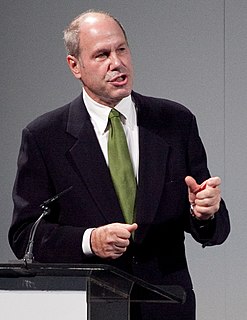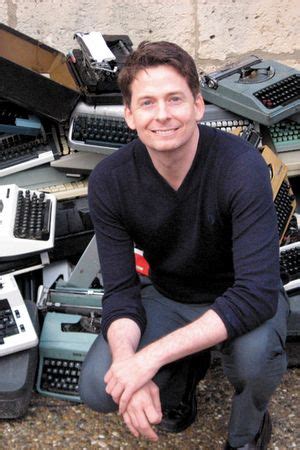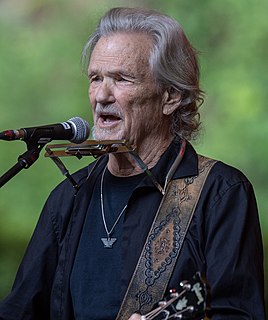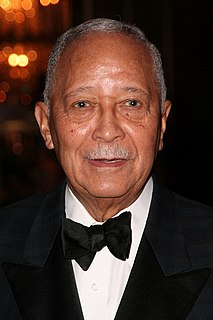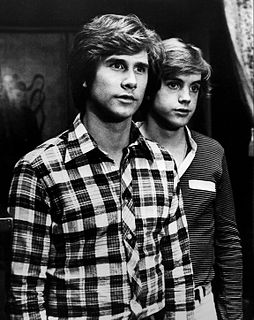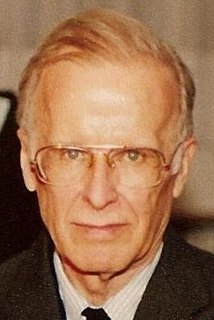A Quote by Russell Banks
A couple of years I taught in graduate programs at NYU and Columbia, in the early eighties.
Related Quotes
Now, today, some children are enrolled in excellent programs. Some children are enrolled in mediocre programs. And some are wasting away their most formative years in bad programs....That's why I'm issuing a challenge to our states: Develop a cutting-edge plan to raise the quality of your early learning programs; show us how you'll work to ensure that children are better prepared for success by the time they enter kindergarten. If you do, we will support you with an Early Learning Challenge Grant that I call on Congress to enact.
I grew up in Columbia, Maryland, a planned community built during the sixties. During the early years, it was very integrated. I grew up being taught by black teachers with black principals and vice principals and, you know, a lot of black friends. We played in mixed groups, and I kind of thought that was how it was.
For years, I believed that anything worth doing was worth doing early. In graduate school, I submitted my dissertation two years in advance. In college, I wrote my papers weeks early and finished my thesis four months before the due date. My roommates joked that I had a productive form of obsessive-compulsive disorder.
I never was one to go into an office and write. For one thing, I had a job. I was cleaning the ashtrays and setting up the studios at Columbia for a couple of years and working every other week down in the Gulf of Mexico flying helicopters. I didn't really get to just write songs for about five years.
The programs that have been discussed over the last couple days in the press are secret in the sense that they are classified but they are not secret in the sense that when it comes to phone calls every member of Congress has been briefed on this program. With respect to all these programs the relevant intelligence committees are fully briefed on these programs. These are programs that have been authorized by broad bipartisan majorities repeatedly since 2006.



